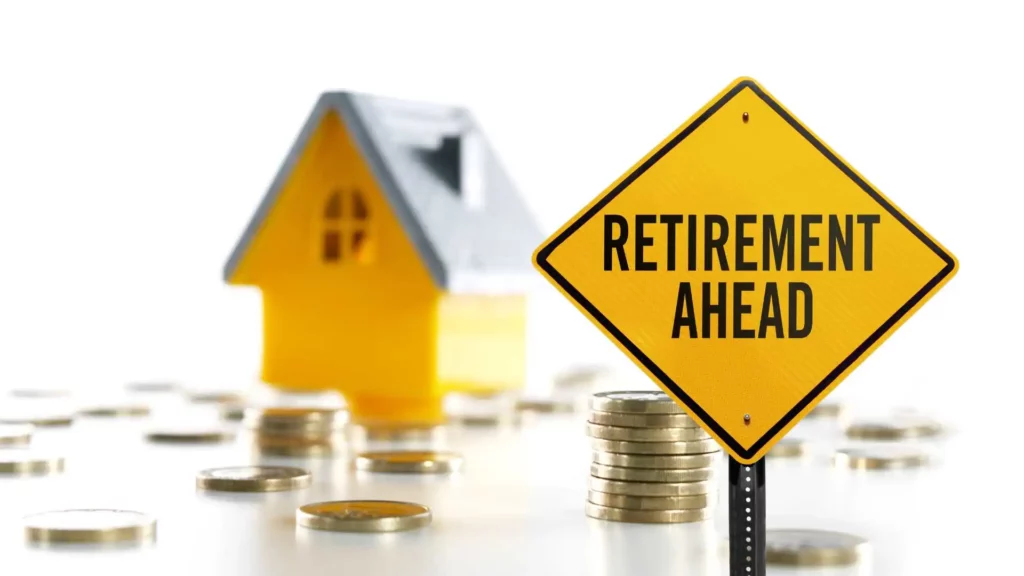Once you make a decision to retire, leave your working and hustling days behind, nothing in the world is ever going to be as relaxing as that! But at the same time, it’s very expensive as well. While you might be saving small amounts every month to make it safely to your retirement, that money is just not going to be enough.
Besides, you’ve worked for that money, so why just lock it somewhere and never leave a chance for it to grow? That’s where investment steps in. With the right investment, you’ll be able to earn through the money you’re saving and add up an extra amount with just a little effort.
Now you might be thinking the right thing would be to invest in stocks, but there are several other considerable options as well. In fact, a mix of bonds and stocks together is pretty powerful and builds up a strong saving profile. These two are less prone to risks and promise a fair amount of return.
As you proceed to read this article, you’ll get to know a lot about the right choice of investment, managing bonds and stocks together, and the trick behind choosing the correct option. So stick out and get access to top-notch details!
You may also like : How to Invest in Stocks
Plan your money: How much should go and where?
There are several ways of deciding what you should invest in and how much of your retirement money should go into it. You can listen to the experts, use formulas, and do everything else, but nothing else works better than deducting your age from 100 to derive a conclusion.
Say, for example, you’re 40, 100 minus 40 would leave 60. So, 60% of your investments should be into stocks, and the rest could go into bonds. Though some experts would prefer witnessing 80% of the money into stocks, as you’re looking forward to saving the retirement money, this might just be the best option.
also know about: why buying bond in important
Select the most preferred investment option
Now that you’re all set to invest in bonds and stocks, the next question is, which one would be the right one to put your money into? There’s nothing wrong in fetching out a hundred options present across markets and sectors, you’re investing your hard-earned money, so you need some time to analyze, too.
You could consider mutual funds that have investments across the US Stock Market, US Bond Market, or at least the International Stock Market. This way, you have an indirect investment across different companies, and the return would be good enough for several years. Diversification is always good for risk management.
also know about: Renewable energy stocks
Look out for assistance when needed
Whether you’re wishing to invest in stocks or bonds, if you don’t have the complete information or enough confidence even after a lot of research, don’t invest blindly. You might end up losing your money that way, therefore go for an expert, and it doesn’t have to be necessarily expensive, either. Are you trying to go the 401(k) way? Then target-date funds are really fruitful for you, as these are a perfect balance of bonds and stocks together.
Such funds tend to become less risky as you move ahead towards the retirement year, but you still must ensure you aren’t paying quite a lot. Just look out for criteria to invest in an IRA and accumulate your very own portfolio that is eligible for it.
You could also go for Robo-advisors in case you’re not that willing to hire a professional. These are super affordable, even as little as $10! There’s a questionnaire that needs to be filled and submitted back to these advisors. Based on that, you’ll be getting insights on which would be the perfect direction for your retirement savings and income.
Were you always thinking of investments as havoc, well, it really isn’t that troubling! All you need to do is imply this information into your personal finance routine, and everything will be done asap!
FAQs
1. Are You Capable of Taking Risks?
One day you invest in equities, the other morning, the investment may fall down by 70%, would you be able to handle it? If you could tackle that risk, then you’re perfect for stock investments. Though still, if you panic as soon as the market falls down, consider bonds more because why risk the money when there are other options? Also, note that, in the long run, your loss would easily be recovered. I mean the market is not as down as it was after the financial crisis of 2008, right? So, ups and downs are just a part of the investment.
2. How Far Are You From Retirement?
If you’ve got a longer period, say, 15 years, then make sure to invest more into the stock market. With the inconsistent upliftment and downfall, you’ll still be getting a lot of interest and you still have the time cushion till you will finally need the money. On the contrary, if you have just around 3-5 years, then consider a safer option such as bonds since you’ll need money to spend straight after retirement.
























